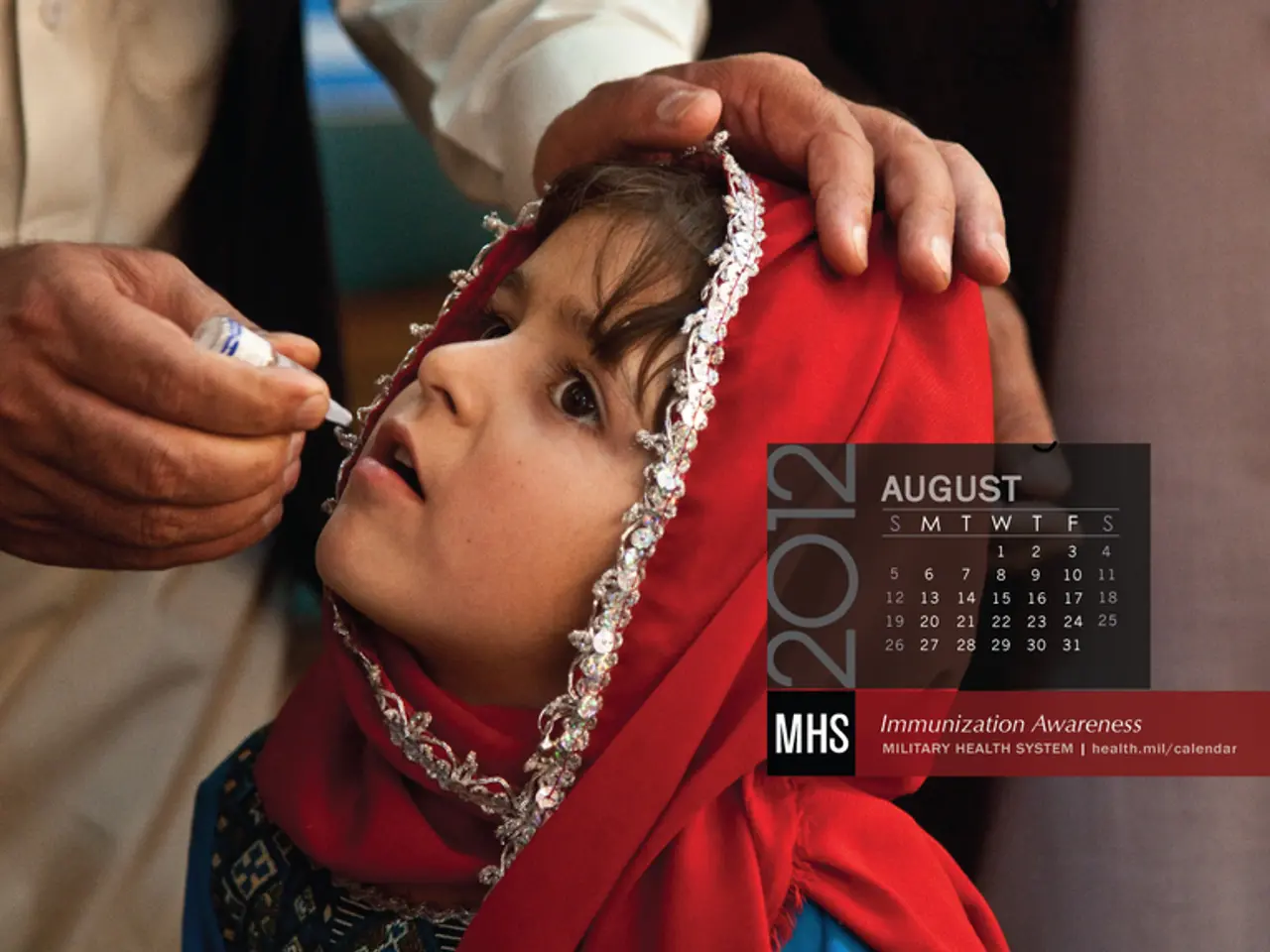Federal health advisory committee withdraws endorsement for COVID-19 vaccine, deeming it a matter of individual decision.
The Advisory Committee on Immunization Practices (ACIP) has recently made significant decisions regarding the hepatitis B vaccine and the COVID-19 vaccine.
In a move aimed at protecting newborns, the ACIP is considering removing a universal recommendation for a hepatitis B shot given in the hours after a baby is born. Instead, the shot would be given if the mother tests positive for the infection during her pregnancy. This change could help ensure that all babies have the opportunity to receive the vaccine, as delaying the birth dose until one month of life could potentially leave some babies unprotected if they are born to a mother infected with the virus or from a close contact soon after birth.
Since the introduction of the hepatitis B vaccine for all babies, the virus has been virtually eliminated among babies in the U.S. However, it's estimated that up to 2.4 million people in the U.S. are living with chronic hepatitis B, with many being asymptomatic and unaware of their diagnosis, according to the Centers for Disease Control and Prevention (CDC).
During the discussions, panel member Cody Meissner argued that proving the absence of harm from the hepatitis B vaccine is not a practical objective. Meanwhile, Robert Malone, another panel member and vaccine critic, proposed tabling the vote on the hepatitis B vaccine out of concern that there had not been enough discussion about the safety of the vaccines. The ACIP indefinitely postponed its planned vote on whether to stop recommending the hepatitis B vaccine for newborns.
On a different note, the ACIP has voted to recommend that Americans get the COVID-19 vaccine based on individual-based decision-making. Presentations by the CDC included data about the chances of side effects from the hepatitis B vaccine, as well as the COVID-19 vaccine. In a separate vote, members decided not to require a prescription for the COVID-19 vaccine.
Major U.S. insurance companies have announced they will cover the costs of COVID-19 vaccines at least through 2026, ensuring continued access without out-of-pocket expenses for insured individuals. However, it's unclear what implications the vote will have for insurance coverage for Americans who want to receive a COVID-19 vaccine.
In other developments, the ACIP also voted to narrow existing recommendations for the combined MMRV shot that protects against measles, mumps, rubella, and chickenpox. The votes follow the Food and Drug Administration's recent narrowing of COVID-19 vaccine approvals to a smaller group of Americans -- those over 65 or with underlying medical conditions.
Members also emphasised the importance of clear communication about the risks associated with COVID-19 vaccines to the public. Half of people living with Hepatitis B in the U.S. don't know they are infected, according to the CDC, highlighting the importance of vaccination and awareness campaigns for all infectious diseases.
Read also:
- Hospital's Enhancement of Outpatient Services Alleviates Emergency Department Strain
- Increased Chikungunya infections in UK travelers prompt mosquito bite caution
- Kazakhstan's Deputy Prime Minister holds discussions on the prevailing circumstances in Almaty
- In the state, Kaiser Permanente boasts the top-ranked health insurance program





